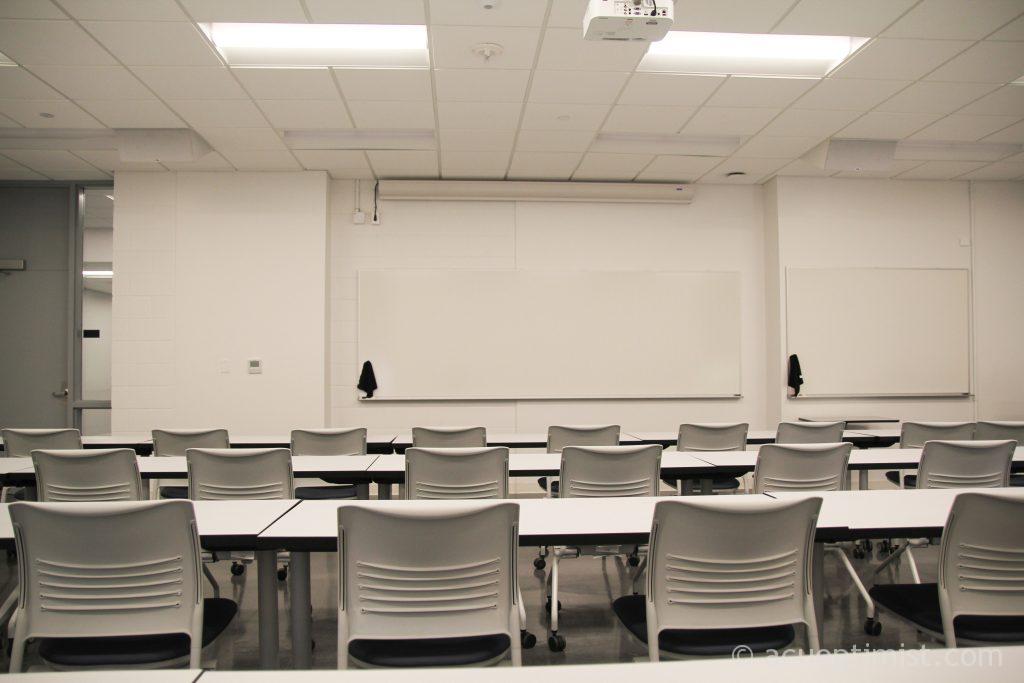Faculty committees have started the process of changing the general education requirements for students.
The actual process of changing the curriculum is very involved and starts with research conducted by a faculty committee that will eventually draft a proposal to be exclaimed by faculty and academic advisors.
Dr. Cole Bennett, professor of language and literature and director of the writing center, said that big changes in general education don’t happen very often, generally about once a decade.
“A faculty committee has spent many hours examining peer institutions, aspirational institutions, student comments, and faculty feedback toward our general education at ACU.” Bennett said.
“We then crafted a draft of a proposal that is now being examined by faculty. We will hear their feedback, plus feedback from the academic advisors, who represent both their own and students’ views.”
The research started about two years ago when faculty members proposed some updates and pointed out that general education hasn’t been updated in ten years.
Dr. Jessica Smith, assistant provost for curriculum and assessment, said that smaller revisions to the curriculum were made in 2015 but they decided it was a good time to look at bigger changes.
“Changing our curriculum is a process that takes a lot of consideration and so we started a process about two years ago of looking at our undergraduate student learning outcomes and a faculty committee proposed some updates to those,” Smith said.
“We made some changes to that and as we began looking then at the curriculum and evaluating the fact that it had been more than a decade since we last made a significant update to our general education.”
Since the proposed changes are still being evaluated, there still may be a few years before students see changes in their required courses.
“They’ve been discussing with faculty for the last few weeks and we hope we’re coming close to the end of their work so that’s the process that’s been going up to this point and we expect that to stretch on a good bit longer,” Smith said.
“The earliest we engage that process would be next academic year in the fall so that’s the timeline and we wouldn’t be looking at implementing the following year right after that either simply because it just takes a while to get courses in place and approved and ready to go.”
The current proposed curriculum changes still have to go through different review committees, the provost, a faculty vote and finally the changes will have to be approved by the university president before they are put into place.
There is potential a completed final proposal of the changes will be available to faculty for review by the end of the spring semester.

